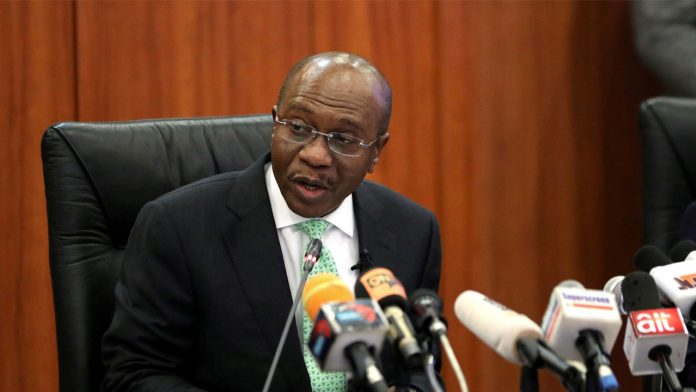The Central Bank of Nigeria (CBN), has asked some companies to pay up their N5.67 billion debt, warning that their failure to do so would attract sanctions.
BizWatch Nigeria understands that about seven companies that benefited from the Anchor Borrowers Programme (ABP) were the ones mandated to pay up the debt obligation as settlement of the credit facilities they took.
The central bank gave this directive after petitioning the NIRSAL Microfinance Bank Limited to recover all non-performing intervention loans.
The companies with the N5.67bn debt obligations
The beneficiaries are -Sadolen Interworld Ltd, with Saidu Audu Adaji and Nura Musa Hassan as promoters with current exposure of N2.05 billion; Gum Arabic Farms and Commodities Ltd, with Alhaji Yusuf Ibrahim Babangida as promoters and a current exposure of N1.22 billion and Prime Synergy Global Solutions Ltd with Mercy Ikeji and Jennifer Nyesom-Effiong as promoters with an exposure of N1.45 billion.
Others are Asuj Food Production and Processing Ltd, with Abubakar Umaru Jibrilla as the promoter with an exposure of N581.41 million; Souvenire Seeds Nigeria Ltd with Roseline Omokora as the promoter and an exposure of N158.18 million and Con Investment Ltd with Lady Josephine Nwaeze as the promoter with a current exposure of N211.6 million.
What you should know about the ABP
It is an intervention scheme powered by the CBN. Established by the President Muhammadu Buhari-led government in 2015, this scheme provides a single-digit Loan for the purpose of boosting the agricultural sector of the economy. It is designed to create an economic linkage between smallholder farmers and agro-processors/Anchors.
The broad objective of the ABP is to create economic linkages between smallholder farmers and processors with a view to increasing agricultural output and ensuring food price stability.
The specific objectives, however, include the following:
I. Increase banks’ financing to improve agricultural productivity by creating an ecosystem that drives value chain financing;
II. Reduce the nation’s food import bill through import substitution and enhanced domestic value addition;
III. Create new generation of farmers through innovative financing to support smart agriculture; and
IV. Deepen financial inclusion and grow smallholder farmers from subsistence to commercial farming.













